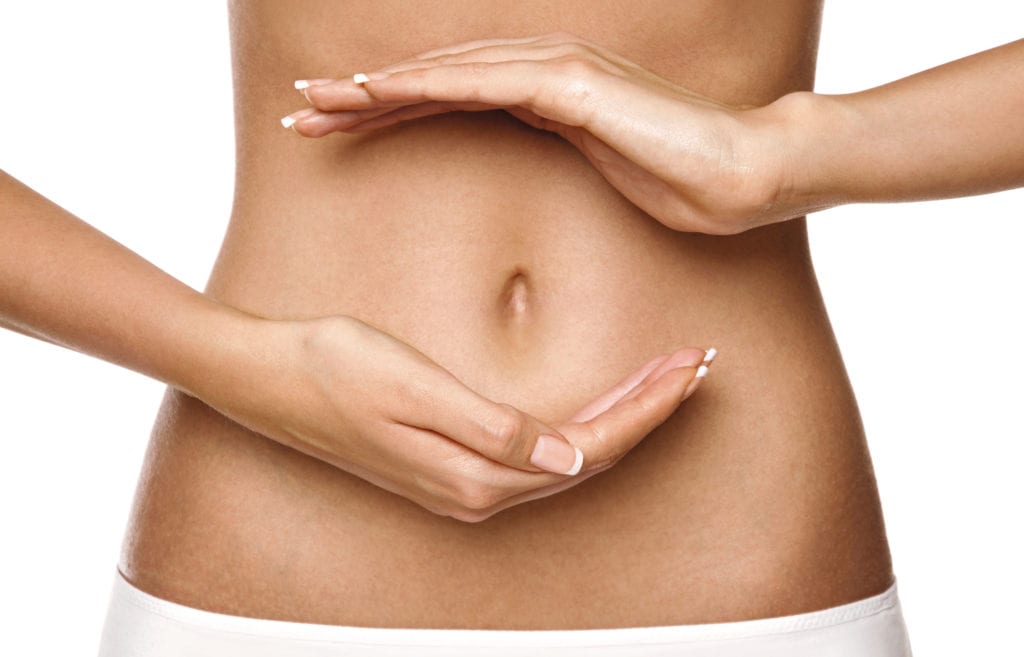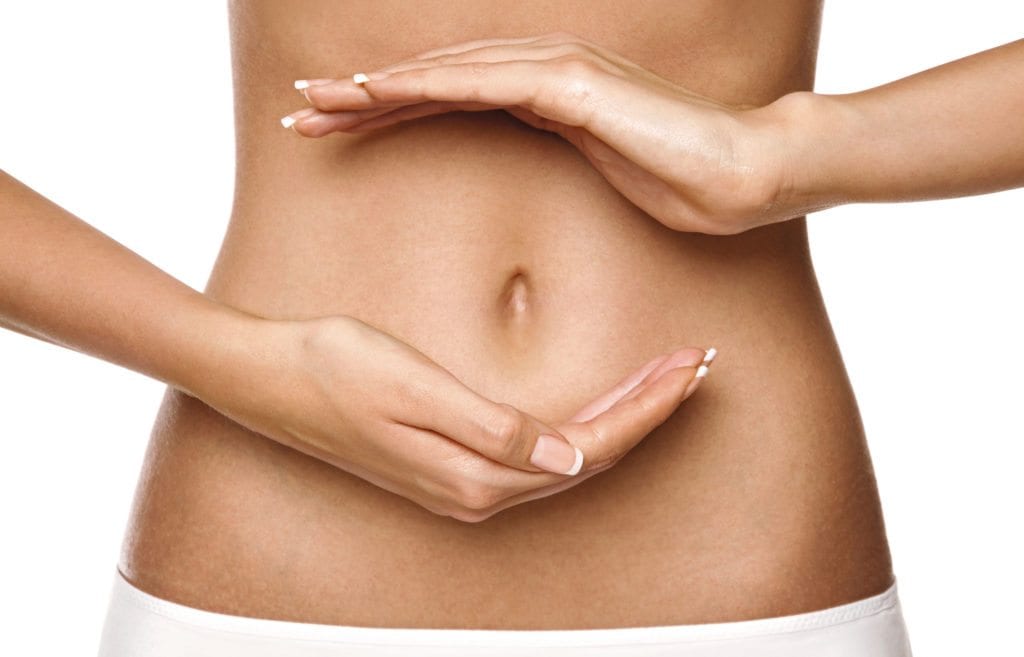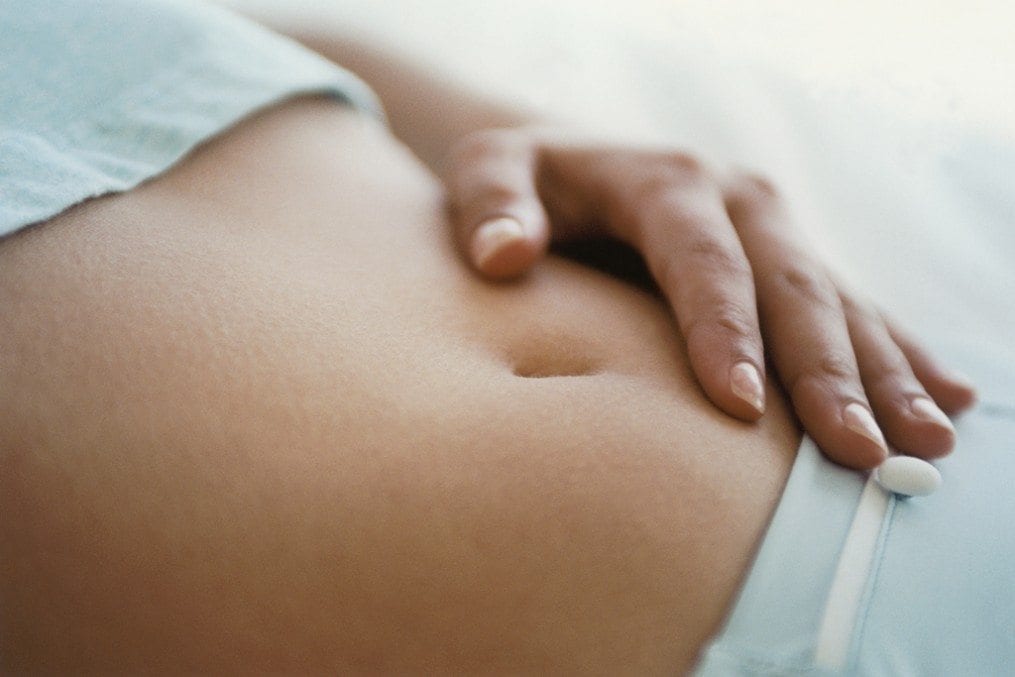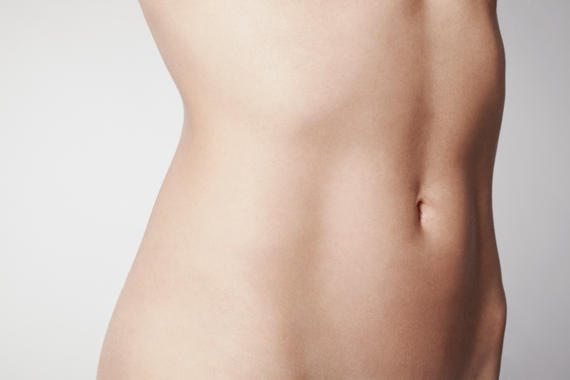15 expert ways to beat IBS
1 Monitor your symptoms
Try to look for patterns in your diet. For example, you might find certain foods are fine some of the time, but cause IBS symptoms such as bloating when you’re stressed. There’s also a dose effect. You may be able to manage one tomato, but find two give you symptoms. You may not necessarily need to cut foods out entirely, but simply reduce how much you eat.
2 See your GP
There’s a lot your doctor can do to help. They can prescribe medicine to aid digestive symptoms, such as laxatives, anti-diarrhoeals and anti-spasmodics, and rule out illnesses such as coeliac disease (an autoimmune condition triggered by eating gluten) and inflammatory bowel disease (IBD), such as Crohn’s disease. Both of these can share symptoms with IBS, but have more long-term health effects.
If digestive problems have recently started for the first time, see your GP as, while rare, symptoms such as bloating and bleeding from the back passage can be signs of serious illnesses, such as cancer.
3 Choose white, not brown
Lots of people with digestive problems eat more fibre to try to help, but too much cereal
fibre can worsen digestive symptoms. If you tend to bloat or have a loose bowel, you should cut down, and, if you have severe irritable bowel syndrome (IBS), avoid cereal fibre altogether.
Steer clear of all breakfast cereals (apart from Rice Krispies, which are very low in fibre), brown bread, crispbreads, digestive biscuits, and anything made with wholemeal flour, including wholewheat pasta, oats, rye and cereal bars.
Counterintuitive as it may sound, opt for processed versions: white bread and pasta, anything made with white flour (like cakes and biscuits) and cream crackers. This dietary tweak eases symptoms by 30 to 40 per cent in about two-thirds of people with irritable bowel syndrome. Try it strictly for three months to see if it helps.
4 Don’t go raw
We’re often told raw fruit and veg are healthy, but they can be hard to digest. If you experience bloating and other symptoms after eating foods such as salad, raw carrots and apples, try cooked or canned version instead.
5 Cut down fruit and veg
If your digestive symptoms are serious, try reducing fruit, veg, nuts
and seeds altogether as they are high in fibre. People worry cutting these
out is unhealthy, but you only need to do it for a short time, then reintroduce foods to see which affect you most.
Some people with IBS find an Atkins-style diet makes a big difference. If you find you can only control your symptoms with a very restricted diet, you would need to take medical advice as this may have detrimental effects on other areas of your health.
6 Try probiotics
7 Tackle stress
8 Keep exercise moderate
While being active is important for gut motility and stress relief, vigorous exercise can be counterproductive, particularly if you are prone to diarrhoea, although it’s not clear why this is. Marathon-runners often have a loose gut! Instead, aim for moderate activity, such as walking.
9 Take laxatives if necessary
Some people have a naturally sluggish gut. If you are one of these, it’s likely that whatever diet and lifestyle changes you make, you will still be prone to constipation. It might be worth trying a small dose of a laxative, such as macrogol (from your pharmacist), on a regular basis for a while. If it helps, it would be reasonable to take long-term, as it is a myth that laxatives make your bowel lazy.
10 Ask about antidepressants for IBS
This medication is often helpful for people with severe IBS, not because of their effects on mood but because they work on the nerves in the gut, which are similar to those in the brain. However, we prescribe them at a lower dose for IBS than for depression. The older-style tricyclic antidepressants are most effective but can cause side effects, in which case we can try selective serotonin reuptake inhibitors (SSRIs).
11 Check your meds
Taking certain medications can cause digestive problems, including proton pump inhibitors, statins and anti-inflammatory painkillers, as they can change the bacteria balance in the gut. See if your medicine can be changed, and if not, you may need to make other adjustments to compensate.
For example, monitor yourself to see if any foods make a difference to gut symptoms while you’re taking medication. You might not be able to get away with eating certain foods, whether it’s cabbage or spicy dishes, while you have this medicine.
12 Watch what you drink
Around 50 per cent of people with IBS report feeling better after a drink or two – but these are probably people for whom stress is a driver, and alcohol helps because it relaxes them.
But half of people report feeling worse, so monitor the effects that alcohol has on your digestion and avoid it if it seems to trigger symptoms. Beer and wine tend to be particularly troublesome, and coffee can also be an irritant. If you notice that coffee triggers symptoms, you could try drinking herbal tea, instead.
13 Try the FODMAP-free plan
Cutting out various foods from the diet in an attempt to ease IBS symptoms is a tactic many try. FODMAP is an acronym for fermentable oligosaccharides, dissaccharides monosaccharides and polyols, groups of carbohydrates not absorbed by the gut, so they ferment and bacteria feed on them, causing IBS symptoms.
Some with severe IBS do well in avoiding foods highest in FODMAPs, including milk, apples, pears, mangoes, avocados, broccoli and cabbage. But as you could miss out on vital nutrients, you should only do this with medical supervision, so ask to be referred to a dietician.
14 Pick the right sweetener
It’s long been known that artificial sweeteners can have a laxative effect, and if you have digestive problems, it’s a good idea to avoid foods labelled ‘diet’ or ‘light’, which contain artificial sweeteners.
Honey is a fermentable sugar and a banned food on the FODMAP plan. If you want something sweet, it’s better to choose sugar, but in moderation for weight and overall health reasons. Table sugar isn’t fermentable, so it shouldn’t cause digestive problems.
15 Try hypnotherapy
A form of hypnotherapy called gut-focused hypnotherapy has been shown to be very helpful for IBS symptoms, probably because it hits several spots: it eases stress and changes the physiology of the gut by reducing hypersensitivity and improving motility, especially if diarrhoea is an issue for you. Plus, it helps people cope and stops them being so anxious about their symptoms. However, you do need to find a practitioner specifically trained in gut-focused hypnotherapy.
Did you find this article helpful? Tweet us or tag us on Facebook and Instagram – we love to hear from you!












